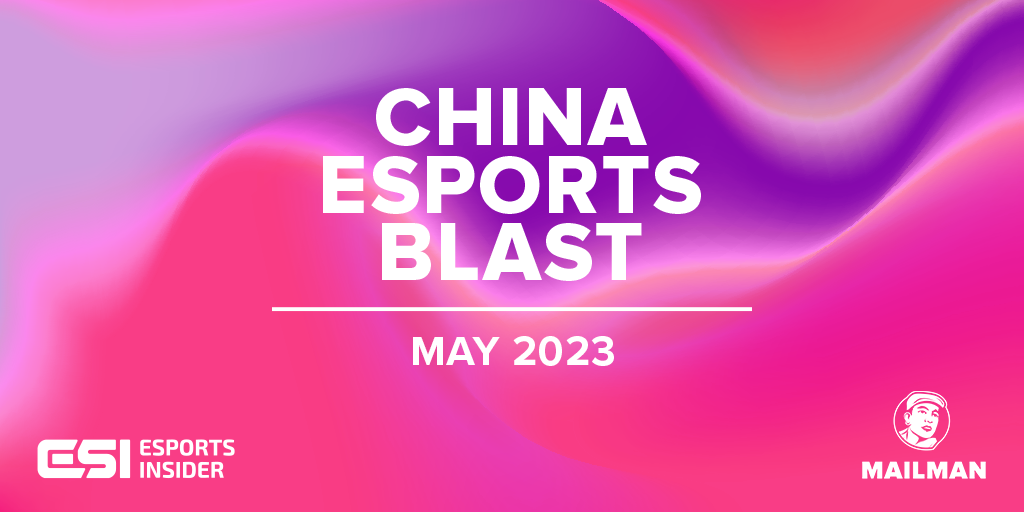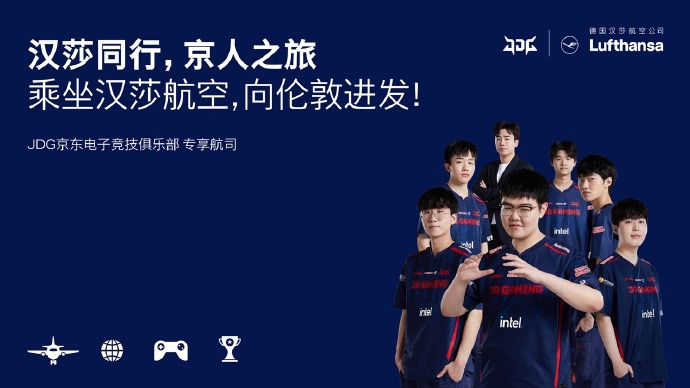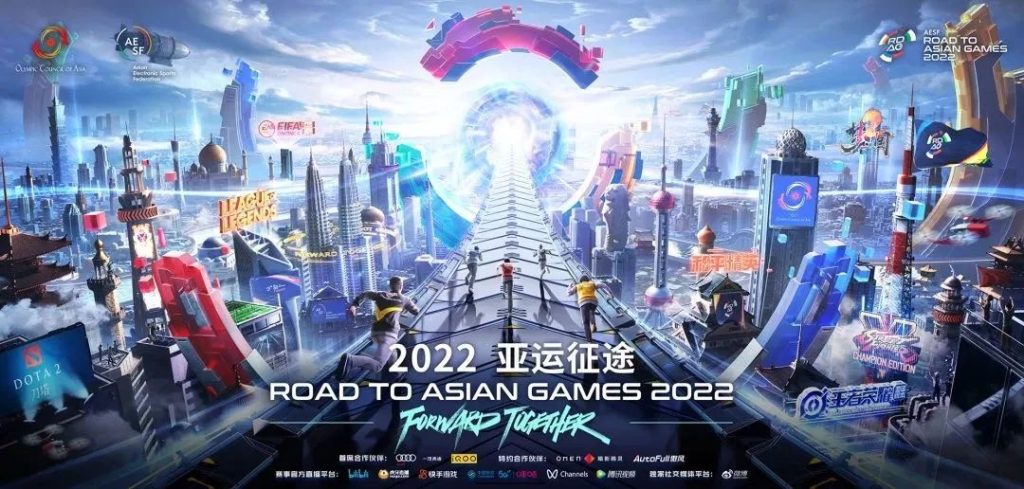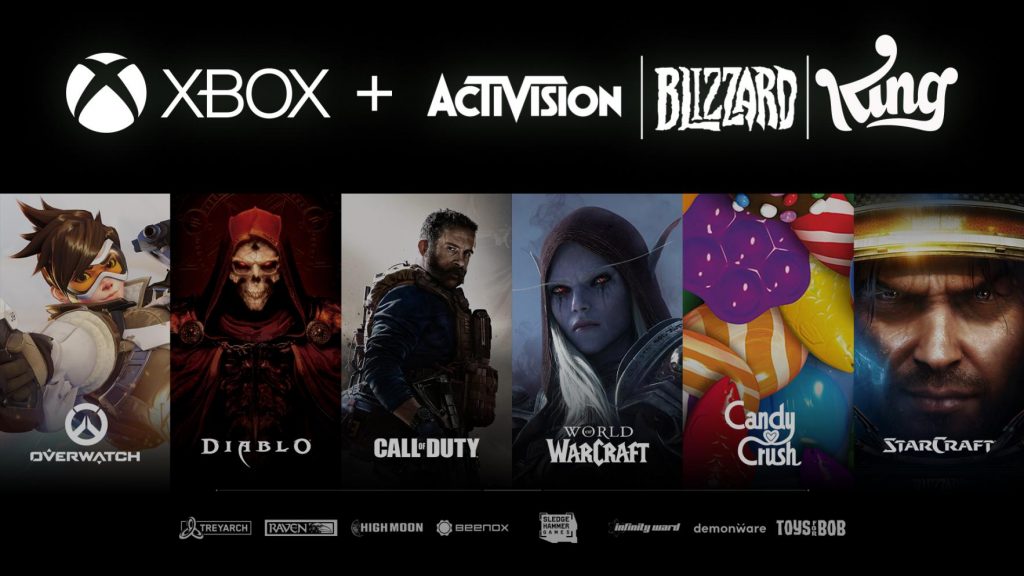Each month, sports digital agency Mailman shares the biggest industry news and insights from China’s esports scene, along with analysis on why it matters.

In May, the 2023 Mid-Season Invitational (MSI) concluded in London with two Chinese League of Legends Pro League (LPL) teams — Jing Dong Gaming (JDG) and Bilibili Gaming (BLG) — competing for the trophy at the grand final. Held at the Copper Box Arena, over 7.5k people in the arena and thousands of Chinese online fans witnessed JDG hoist their first MSI trophy. It was also the first time two Chinese teams have come up against each other in the grand final of the coveted global League of Legends event.
Without a doubt, the commercial value for China’s top League of Legends organisations will increase again — and the question will be whether LPL teams can keep up their performances until the Hangzhou Asian Games and the League of Legends World Championship against South Korean teams from the League of Legends Champions Korea (LCK).
Among the top business stories last month, German airline Deutsche Lufthansa AG signed a partnership deal with JDG; Burger King signed a sponsorship deal with Weibo Gaming; the Olympic Council of Asia and Asian Electronic Sports Federation (AESF) announced they’d host the “Road to Asian Games” in June; and Chinese authorities approved the acquisition between Microsoft and Activision Blizzard.
Deutsche Lufthansa Partners with JD Gaming

During MSI 2023, German airline Deutsche Lufthansa AG announced that it had signed a partnership deal with Chinese LPL team Jing Dong Gaming (JD Gaming), becoming its exclusive airline partner. It’s the first time an international airline brand has sponsored a Chinese esports team.
Considering the global tourism economy is recovering, and China fully reopened and dropped COVID-19 restrictions this year, it presents a good opportunity for international airline brands to partner with Chinese esports teams. We might see more partnerships before large-scale international events, such as The International 2023 in Seattle, and the League of Legends World Championship in South Korea.
Burger King Sponsors Weibo Gaming

Another notable sponsorship between the top LPL team and a global brand was announced on May 16 — American fast food chain Burger King sponsored Weibo Gaming (WBG).
Owned by the most powerful Chinese social media platform Weibo, WBG naturally has advantages in social media marketing and exposure. In addition, WBG has several LPL star players and influencers, such as Kang ‘TheShy’ Seung-lok, Liu ‘Crips’ Qingsong, Li ‘Xiaohu’ Yuanhao, and Hung ‘Karsa’ Hao Hsuan.
Those reasons likely factored into the sponsorship — the first Burger King has struck with a Chinese esports team. The deal comes after LPL operator TJ Sports approved the ability for teams to have fast food sponsors after the LPL ended its sponsorship with KFC earlier this year.
OCA and AESF to ‘Host Road to Asian Games’ in Macau

On May 22, the Olympic Council of Asia (OCA) and the Asian Electronic Sports Federation (AESF) announced that the two would host an event called the “Road to Asian Games” in Macau from June 15th-July 16th.
The esports titles would be the same as those competing at the Hangzhou Asian Games, including League of Legends, Honor of Kings, Peacekeeper Elite, Dota 2, Dream of The Three Kingdoms, Street Fighter V, and FIFA Online 4.
This could be seen as a warm-up competition for players at the Hangzhou Asian Games, and a test for production companies and tournament organisers. The Hangzhou Asian Games take place from September-October 2023 in Hangzhou, China, and will be the first time esports will feature as an official medal event.
China approves Microsoft’s acquisition of Activision Blizzard

On May 29th, China’s State Administration for Marketing Regulation (SAMR) published its ruling that gave unconditional approval to Microsoft’s acquisition of Activision Blizzard on its official website. A day later, South Korea’s Fair Trade Commission also approved the deal.
The deal has been approved in 39 countries, but faces regulatory roadblocks elsewhere. The approval is a sign of the positive relationship between Microsoft and China, despite Activision Blizzard’s title Overwatch having to shut down in China in January.


